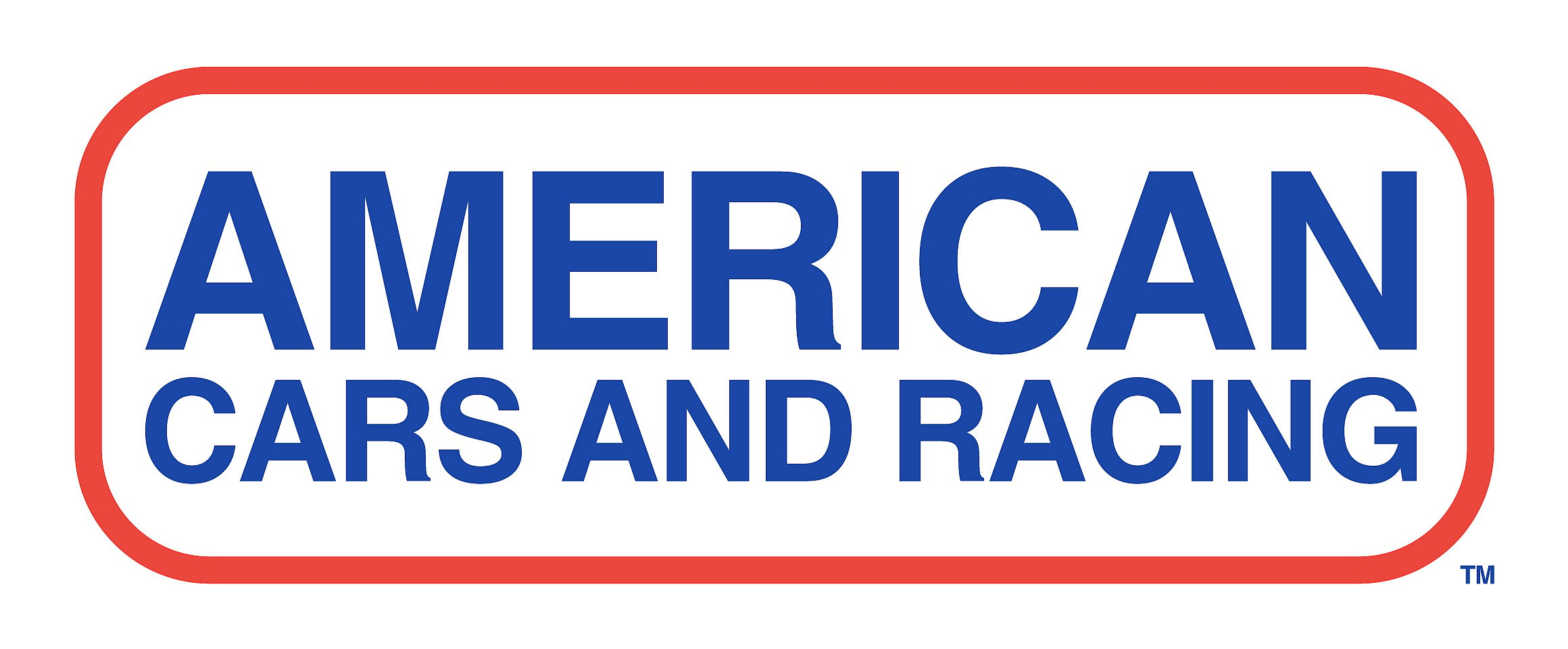Jay Leno’s Classic Car Emissions Law Killed In California

Leno’s Law won’t be the law of the land in California. A bill that would exempt cars built before 1981 from the state’s biennial smog tests was blocked by the Assembly Appropriations Committee from going to a full vote on Aug. 29.
Comedian and classic car collector Jay Leno had spoken out on behalf of the bill which had been passed by the state senate and nicknamed for him.
California requires vehicles older than eight years to pass a biennial smog test and also at the time they are sold. Classic vehicles built before 1976 are currently exempt and the law was originally written to establish a 35-year-old rolling exemption. It was later updated in the final version to cars built prior to 1981, which was set to increase by one model year for five years following its enactment in 2028.
Leno wrote a lengthy opinion piece for Hagerty in support of the bill that noted the burdens and costs involved in testing and maintenance of the relatively small number of cars involved.
Read Also: FORD’S COOL NEW BRONCO ROADSTER IS ILLEGAL TO SELL, BUT YOU CAN BUILD SOMETHING LIKE IT
“Because the equipment is so expensive and has to be maintained, and the population of cars needing this type of test is dropping fast—it’s less than 1 percent of California’s 13 million vehicles and shrinking—shops have been getting out of the business. I’ve heard of people taking eight months to get a car tested,” he wrote.
He also compared California’s hot-rod culture, which is now a $6 billion industry, to the movie business, which has lost jobs to other states due in part to taxes and regulations.
SUBSCRIBE TO THE FRE AMERICAN CARS AND RACING NEWSLETTER FOR MORE LIKE THIS
Several environmental groups were against the legislation. California has the toughest emissions laws in the country for both new and used cars and its smog law is unmatched by any state.
Much of California’s unique topography and climate, combined with large population centers, make it particularly susceptible to smog creation.
This story has been updated to correct the model years the law would exempt
